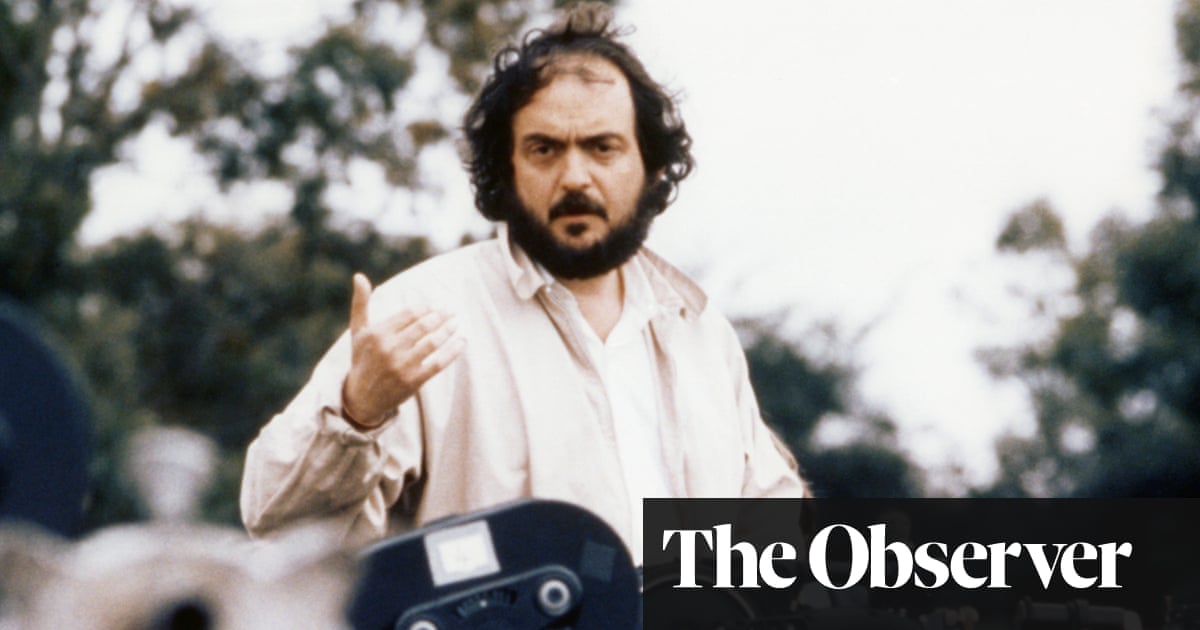Stanley Kubrick, the relentless perfectionist who directed some of cinema’s greatest classics, was so sensitive to criticism that, in 1970, he threatened legal action to block publication of a book which dared to discuss flaws in his films.
The director of Spartacus and 2001: A Space Odyssey, warned the book’s author and publisher that he would fight “tooth and nail” and “use every legal means at his disposal” to prevent its publication – and he did.
Now, 25 years after his death, the book Kubrick did not want anyone to read is being published, more than half a century late.
The Magic Eye: The Cinema of Stanley Kubrick by Neil Hornick now has three prefaces reflecting its subject’s ruthlessness in trying to block publication and control his image.
Hornick, now 84, from London, said Kubrick’s legal threats had come as a shock: “I regard it as a painful episode.”



i figure, if you dig far enough into most any creator, you are more likely to find an asshole than not. the effect increases with increasing remove (ie they lived a long time ago).
i don’t say this to excuse what’s problematic, but i believe bad people can make good art, and also that most people aren’t angels.
Yeah I try not to judge. But when there’s patterns of behavior and abuse I’m done. Note the word patterns.
Everyone has isolated fuck ups on their past that’s just part of being human. But when people are consistently assholes and show no remorse, why would I give them my support?
Other people can appreciate their art if they want. I’m not making it an ethical argument for everybody else. It just feels icky to me. So I don’t enjoy it. So I don’t consume it.
i will confess, i find it harder to like Frank Lloyd Wright and Picasso than i used to. i suppose this is the meaning of “never meet your heroes.” they very often disappoint; sometimes you might never see their work the same way.